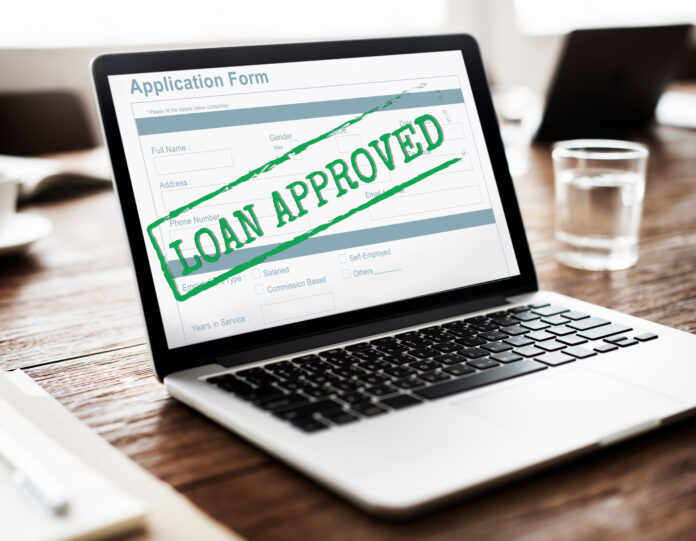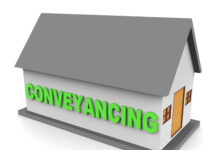When your business reaches the point of needing a commercial location, securing financing suddenly becomes crucial for turning vision into reality. In some cases, simply walking into your usual bank and asking for a standard loan may not cut it.
That’s why you need to explore other potential routes that can grant you the much needed finances. This guide shares some alternatives worth looking into.
1. Commercial and Industrial (C&I) Loans
C&I loans offered by banks and credit unions are one of your best options to consider. These types of loans allow you to leverage your business’s financials and creditworthiness to obtain financing for purchasing or improving commercial real estate.
The specific loan terms, interest rates, and approval criteria will vary by lender. However, they will closely evaluate factors like your business revenue and profits, existing debts, and personal credit profile or FICO score. They’ll also appraise the property to ensure its value adequately backs the loan.
The loan duration may range anywhere from 5-25 years or longer, with longer terms usually reserved for borrowers with strong financials. Be prepared to provide tax returns, financial statements, business plans, and other documentation to help strengthen your loan application.
If that sounds like what you want, consider reaching out to reputable commercial loan experts and tapping into one of their services or more depending on your business needs. This can go a long way towards availing finances for your commercial purchase.
2. SBA Loans
If you’re feeling uncertain about obtaining favorable financing terms on a commercial property, exploring U.S. Small Business Administration (SBA) loan programs could be a strategic move.
The SBA doesn’t actually lend money directly, but rather facilitates lending through existing banks, credit unions, and other approved institutions. However, it guarantees a large portion of these loans, essentially reducing the lender’s risk.
As the borrower, this allows you to potentially qualify for lower interest rates, smaller down payments, longer repayment terms, and overall better financing than conventional commercial loans.
Two popular options to consider are the SBA 504 Loan and 7(a) Loan programs. The 504 loan focuses specifically on commercial real estate and equipment purchases. It’s designed to promote growth and job creation. The 7(a) loan covers a very wide range of business purposes including real estate and equipment as well as working capital.
Take time to research the eligibility criteria, use of funds limitations, loan maximum amounts, application requirements and overall process for these.
3. Hard Money Loans
Hard money lenders provide short-term financing, often ranging from 6 months up to 3 years. These loans are often secured using the property itself as collateral rather than primarily factoring the borrower’s credit and financial profile.
The efficiency and flexibility of these loans allow you to act quickly when acquisition opportunities arise or when traditional lenders decline. Hard money fills an important niche and serves well for rehabilitating neglected properties.
However, interest rates typically ranging from 7% up to 15% or higher, plus fees can make them an extremely expensive financing option long-term. The strict repayment terms also leave little margin for error.
Consider hard money when good deals demand swift action but incorporate refinancing later once any fixes to the property are complete.
4. Private Financing
Seeking a private financing agreement for commercial real estate through high-net-worth individuals, investment groups, or even customers could provide you the means to move forward.
This type of funding built on direct relationships and trust can sometimes offer more flexibility than institutional loans in the amount financed, rates, fees, and repayment plans. However, private financiers may still expect a return on investment well above traditional loan interest rates.
Strong personal connections often drive private funding deals more than specifics of the property or planned venture. Solid business plans, financial analysis, and collateral still matter to reduce any perceived risk by the investors.
Take time to foster relationships with those who might have interest in funding your commercial growth.
5. Crowdfunding
Crowdfunding internet platforms allow you to essentially pitch online public requests for investing in your commercial endeavor. Those believing in you and your vision can each contribute smaller amounts that collectively reach substantial totals.
Most individual investments via crowdfunding websites are fairly modest, but rallying support from a crowd of those excited about your business can lead to surprising funding levels. Take time to build robust digital profiles demonstrating you and your concept’s strengths to drive investor confidence and interest.
In Closing
Ultimately, choose the financing strategy aligning best with your property plans, risk tolerance and existing financial resources. Blend multiple approaches if helpful.
Just make sure to do your research before you secure any financing option. Compare terms, and best of all, consult with financial advisors to ensure the chosen path aligns with your business goals and financial health.























